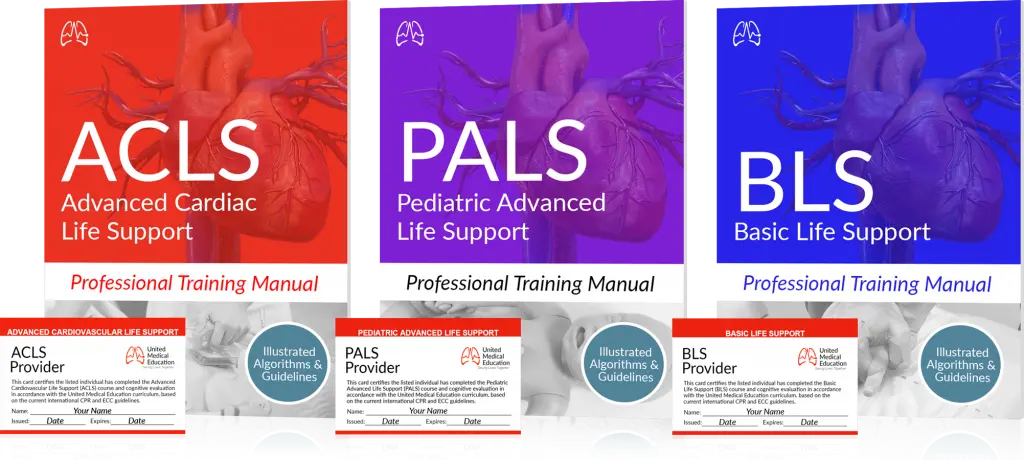Imagine yourself within the walls of a lively child care center filled with the banter of children, and suddenly a child collapses. How would you react? This terrifying situation is what child care providers fear the most, and it’s exactly during these moments that Pediatric Advanced Life Support (PALS) training becomes a must. PALS isn’t merely a tool for medical personnel but exceeds the bounds of hospital settings. This program, which focuses on timely response and high-quality care during crucial moments of a pediatric emergency, is a necessity for anyone in the child care field.
To better illustrate, let me tell you about my friend, Sally, an experienced child care professional who faced a similar scenario. A child under her care unexpectedly lost consciousness. Despite the ensuing chaos, Sally, armed with comprehensive PALS training course, remained calm. She identified the symptoms and took actions which resulted in the child’s life being saved. This incident strengthened my belief in the importance of PALS training for all those involved in child care.
Recognizing the Distinct Medical Requirements of Children
It’s important to understand that children are not just smaller versions of adults. Whether it’s their evolving physiological systems or their unique psychological needs, children demand specific attention and care, especially in emergency situations where pediatric health knowledge is vital.
This point is highlighted by an incident shared by another friend of mine, Dr. John. One day, a 5-year-old patient under his care suffered an injury from a bad fall. Adult-oriented procedures would not be sufficient. Thankfully, Dr. John’s PALS training prepared him to adapt his response to the child’s needs. His successful intervention emphasizes the need for specialized skills in pediatric emergencies.
Enhancing Speed and Precision in Emergency Response
Prompt recognition of distress signals in children could spell the difference between survival and a tragic outcome. PALS training, with its stress on early intervention, enables caregivers to quickly and accurately spot these symptoms. The program involves studying cases, identifying key signs, and making timely decisions.
Moreover, PALS training ensures precision in emergency responses. Rather than relying on instinct or conjecture, PALS offers distinct guidelines for managing pediatric emergencies. By repeatedly enforcing correct responses through simulated exercises, PALS guarantees caregivers can act promptly and correctly when emergencies strike.
Enhancing Confidence in Care-giving Skills
All child care providers are acutely aware of the significant responsibility they carry. The safety and welfare of the children are of utmost importance, and it’s crucial that caregivers trust their abilities. PALS training plays a significant role in building this confidence.
Once again, Sally’s incident provides a fitting example. Her confidence in handling the crisis undoubtedly played a part in the positive outcome. PALS training not only imparts advanced skills but also boosts the confidence to apply them effectively, enhancing children’s safety.
Advancing Professional Growth and Career Opportunities
In a world where competition is common and expectations are soaring across virtually all professions, child care is no exception. Here, a professional’s competency isn’t solely judged by academic credentials or years of experience, but by the range and sophistication of specialized skills they possess. A Pediatric Advanced Life Support (PALS) certification exemplifies such a unique skill set and gives child care providers a marked competitive advantage.
Holding a PALS certification means more than just a line on your resume or a badge on your LinkedIn profile. It stands as proof of your commitment to child safety and readiness to handle intricate pediatric emergencies. It shows that you’ve gone above the basic requirements, acquiring a set of skills that could literally be a lifesaver. Furthermore, it proves your resilience and adaptability, attributes highly prized in the dynamic field of child care.
Having PALS certification doesn’t just distinguish you from the crowd, but it can also open doors to future opportunities within the industry. Take Sally’s professional journey as an example. Her PALS certification not only gave her a leg up against other candidates when she was considered for a promotion at a prestigious child care center, but it essentially propelled her career growth.
Her PALS certification demonstrated her professional reliability, attesting to her competence in the field. It also demonstrated her commitment to continual learning and professional development, both of which are crucial in an industry that values skill enhancement. These factors didn’t just set her apart but made her the preferred candidate for advancement within the industry.
Also, having a PALS certification can lead to a higher income potential. The advanced skills and knowledge gained through the certification often justify a higher pay scale, especially given these skills could make the difference in emergency scenarios.
Legal and Ethical Considerations of PALS Training
Although specific requirements for child care professionals can differ by location, PALS training is increasingly seen as a critical criterion in the child care sector. Besides legal considerations, PALS training equips child care providers with the necessary skills to deliver the highest level of care and possibly prevent tragic outcomes in emergencies.
PALS training doesn’t just keep providers in line with the law, it also serves as a reassurance to parents. As a parent, knowing that your child’s caregiver has undergone PALS training can bring significant peace of mind. This certification conveys to parents that the caregivers are not only dedicated to child safety but have also received rigorous training to manage any critical situations that may arise.
Ethically speaking, the implications of PALS training are immense. The decision to pursue such training reflects a caregiver’s dedication to upholding the highest care standards. It’s an undeniable signal that they’re willing to go the extra mile, investing considerable time and effort to protect the lives under their care. It shows a readiness to prioritize children’s welfare and equip themselves with the necessary skills to handle emergencies.
This commitment represents the profound responsibility every child care provider must shoulder. The decision to pursue PALS training involves a significant investment of time and resources, but the rewards are immense. It not only enhances the caregiver’s skill set and marketability but could also make a life-saving difference to the children they care for.
In an era increasingly aware of the need for safety and quality in child care, PALS training elevates the ethical standing of care providers. It showcases a clear commitment to the well being of children and reinforces the trust parents place in these professionals.
Establishing PALS Training as a Benchmark in Child Care
PALS training imparts child care providers with the expertise to effectively manage critical pediatric emergencies. From appreciating the unique medical needs of children to improving response speed and boosting caregiver confidence, the benefits are extensive. With implications on professional development and legal adherence, PALS training plays a pivotal role.
Organizations need to acknowledge the importance of PALS training and make it a standard prerequisite for child caregivers. My company, United Medical Education, is committed to making PALS training accessible for all. We provide free PALS training to those who create a free student account, as well as free practice tests to help students prepare for the PALS final exam. Let’s join hands to ensure all child care providers are sufficiently prepared to handle pediatric emergencies, thereby enhancing children’s safety and giving parents peace of mind.








